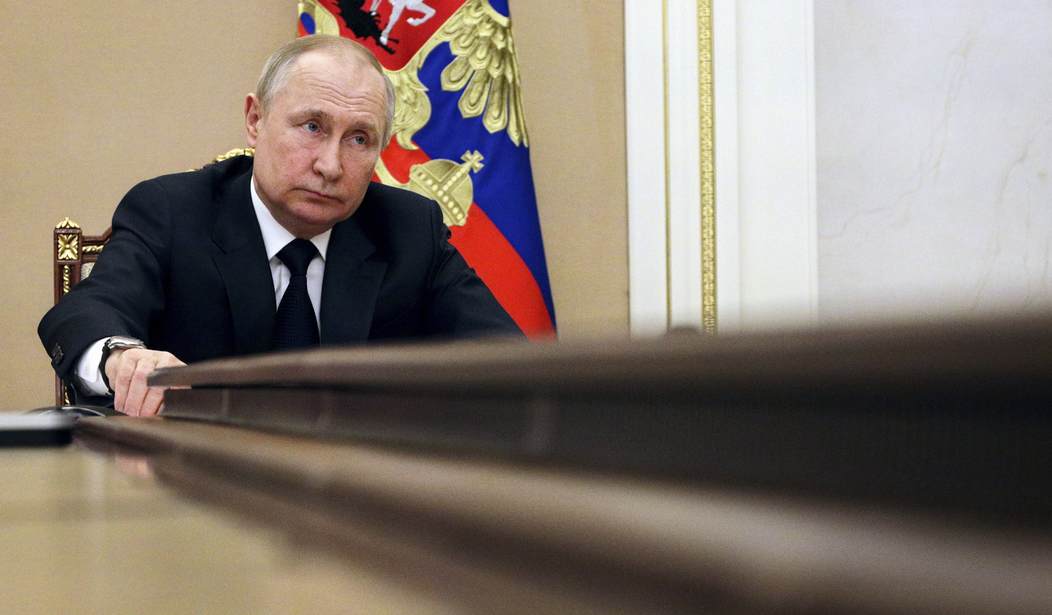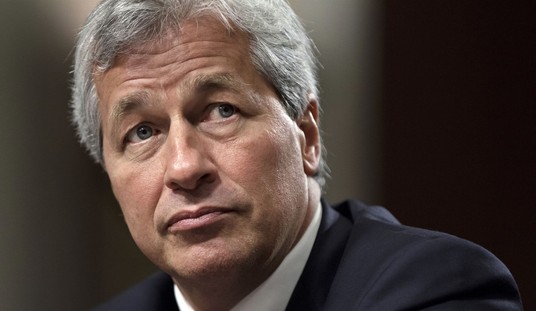Thursday, a catastrophic fire ripped through the building housing the Russian Ministry of Defense’s 2nd Central Scientific-Research Institute in Tver, some 80 miles northeast of Moscow. This “scientific-research institute” is the design bureau responsible for creating Russia’s ballistic missiles and anti-aircraft missiles (see BREAKING. Mysterious Fire Rips Through Secret Russian Bureau Responsible for Designing Missiles). Based on reports from the scene, at least six people died, and 27 were injured.
🔥 Fire in the Russian Research Institute in Tver: according to the latest data, five persons died.
The institution took an active part in the development of Iskander missile system, developed navigation devices, control systems, Defense Express reports. pic.twitter.com/aWRF95w6M1— Toronto Television / Телебачення Торонто (@tvtoront) April 21, 2022
As always, there was some speculation about the fire being “Ukrainian lightning,” given the functional responsibility for the offices. It was equally possible this old building was not upgraded with fire-prevention and fire-control technology and the victim of good, old-fashioned Russian sloppiness.
A little later, one of the largest chemical plants in Russia was also devastated by a fire.
BREAKING: The Dmitrievsky chemical plant is on fire. In the city of Kineshma.
Except it’s 950km from Ukraine… pic.twitter.com/vq0h7fAFeL
— Commanderneo (@Commanderneov2) April 21, 2022
The Dmitrievsky Chemical Plant is located in the city of Kineshma (given Russian environmental standards, I imagine that “Kineshma” means “this place smells like a**” in the local dialect), some 200 miles northeast of Moscow. This is how the plant describes itself.
Dmitrievsky Chemical Plant is the largest producer of butyl acetate and industrial solvents in Russia and Eastern Europe, as well as a supplier of a wide range of chemical and petrochemical products in Russia and in the world.
…
The DCP manufactures products in full compliance with advanced international quality standards and adheres to high environmental production standards. Our activity is confirmed by the system of standards ISO 9001: 2008.
…
The chemical plant today is a dynamically developing company producing products for the paint and varnish, rubber, leather, and food industries. Our products are in demand not only in Russia, but also far beyond its borders. Today, sales geography includes more than 100 countries of the world.
Our company is one of the oldest in the production of butyl acetate and edible acetic acid, however, it uses modern technologies and equipment that allows us to produce high-quality and required product. The plant carries out strict quality control at all stages of production, which makes our products competitive both in the domestic and foreign markets.
There was no word on casualties or the extent of the damage, though, from the video, it is easy to imagine there were injuries and the damage extensive. I guess the “strict quality control” didn’t work out so well for them.
Some reports indicated that this plant also manufactured essential chemicals used to produce artillery propellant. That may or may not be accurate.
On Friday, we had another winner.
⚡️There is a big fire in Korolyov (Russia). Video from locals. pic.twitter.com/Y0wUHMTUGR
— Flash (@Flash43191300) April 22, 2022
The fire wasn’t just any location. It was at a massive plant owned by Korolev Rocket and Space Corporation Energia, or RKK Energia, Russia’s primary manufacturer of ballistic missile, spacecraft, and space station components.
Some internet randos claimed the fire was not in the RKK Energia plant but at a separate warehouse.
I should note, however, that the initial research I'm seeing about the location of the fire in Korolyov suggests it is not in a noteworthy building (e.g., just a warehouse). I'll update further, however, as more details become available.
— Katherine Hersch (@ThatKHersch) April 22, 2022
That said, we don’t know what was in the warehouse, but we do know, from the smoke color and velocity, that synthetic materials were burning at high temperatures. Given this is sort of a “company town,” it is fair to infer that even if the fire is not within the boundaries of the RKK Energia facility, the warehouse is more likely than not holding supplies for the plant.
As I stated a little earlier in another post (see 6 Russian Oligarchs Commit Suicide in Mysterious Outbreak of Epstein Syndrome), either we are witnessing an incredible cascade of coincidences, or we must search for another explanation.
Russia has had three massive fires in two days. One of the fires is at the largest chemical plant in the nation. One is at a government design bureau specializing in ballistic and air defense missiles. The third is either at a facility that makes ballistic missiles or a supporting warehouse. While none of the three directly affect Putin’s War, they are all strategic targets that strike at Russia’s defense sector or its “private sector.”
The simplest explanation, by far, is action by someone to hurt Russia and send a public message that Russia is not off-limits to attacks, even if those attacks are not rockets and bombs.












Join the conversation as a VIP Member